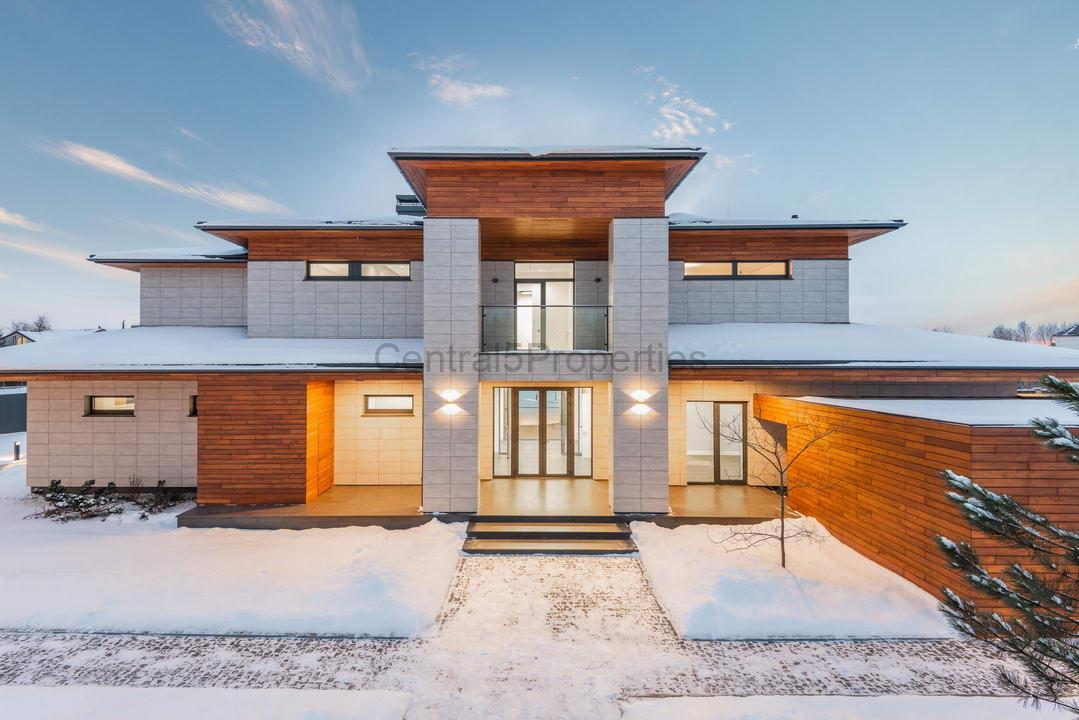Financing a real estate purchase is a significant step on the path to home-ownership or property investment. Understanding the intricacies of real estate financing can help you make informed decisions and secure the right loan for your needs. In this guide, we’ll walk you through the key aspects of financing a real estate purchase, from mortgage types to the application process.
Explore Real-Estate in Mumbai with central5properties.com

Mortgage Basics
A mortgage is a loan that enables you to purchase real estate by leveraging the property itself as collateral. Mortgages typically involve monthly payments over an extended period, and the loan’s interest rate can be fixed or adjustable.
Types of Mortgages
Fixed-Rate Mortgage: This mortgage offers a stable interest rate throughout the loan term, making monthly payments predictable and allowing for long-term budgeting.
Adjustable-Rate Mortgage (ARM): With an ARM, the interest rate is initially lower but can change periodically based on market conditions, potentially leading to fluctuations in monthly payments.
FHA Loan: Insured by the Federal Housing Administration, this loan is designed for first-time home-buyers and those with lower credit scores. It offers lower down payment requirements.
VA Loan: Available to eligible veterans and military service members, VA loans offer favorable terms, including no down payment and competitive interest rates.
Conventional Loan: Offered by private lenders, conventional loans typically require a higher credit score and down payment but may offer more flexibility in terms.
Down Payment
The down payment is a percentage of the property’s purchase price that you pay upfront. While the standard is around 20%, some loans allow for lower down payments. A larger down payment often results in lower monthly payments and better interest rates.
Interest Rates
Interest rates play a crucial role in determining the overall cost of your mortgage. A lower interest rate can result in significant savings over the life of the loan. Factors that influence rates include your credit score, market conditions, and the type of loan.
Loan Pre-Approval
Getting pre-approved for a mortgage involves providing your financial information to a lender, who assesses your creditworthiness and determines the loan amount you qualify for. Pre-approval gives you a clear budget range and strengthens your bargaining position when making an offer.
Loan Application Process
The loan application process involves submitting detailed financial information to the lender, including income, assets, debts, and employment history. The lender will then evaluate your application, order an appraisal, and conduct underwriting before making a lending decision.
Closing Costs
Closing costs are additional fees associated with finalizing the real estate transaction. They can include appraisal fees, title insurance, attorney fees, and more. It’s crucial to budget for these costs, which typically range from 2% to 5% of the purchase price.
Private Mortgage Insurance (PMI)
If your down payment is less than 20%, your lender may require you to pay for PMI. This insurance protects the lender in case of default and is an added cost to your monthly payment.
Loan Terms and Amortization
Loan terms refer to the length of time over which you’ll repay the mortgage. A shorter term means higher monthly payments but lower overall interest costs. Amortization refers to the gradual reduction of your loan balance over time through regular payments.

Financing a real estate purchase is a multifaceted process that involves understanding various mortgage types, interest rates, down payments, and associated costs. By familiarizing yourself with these key elements, seeking pre-approval, and working with a knowledgeable lender, you can navigate the world of real estate financing with confidence. Remember that choosing the right financing option is a critical step toward achieving your home-ownership or investment goals.
Explore Real-Estate in Hyderabad with central5properties.com




